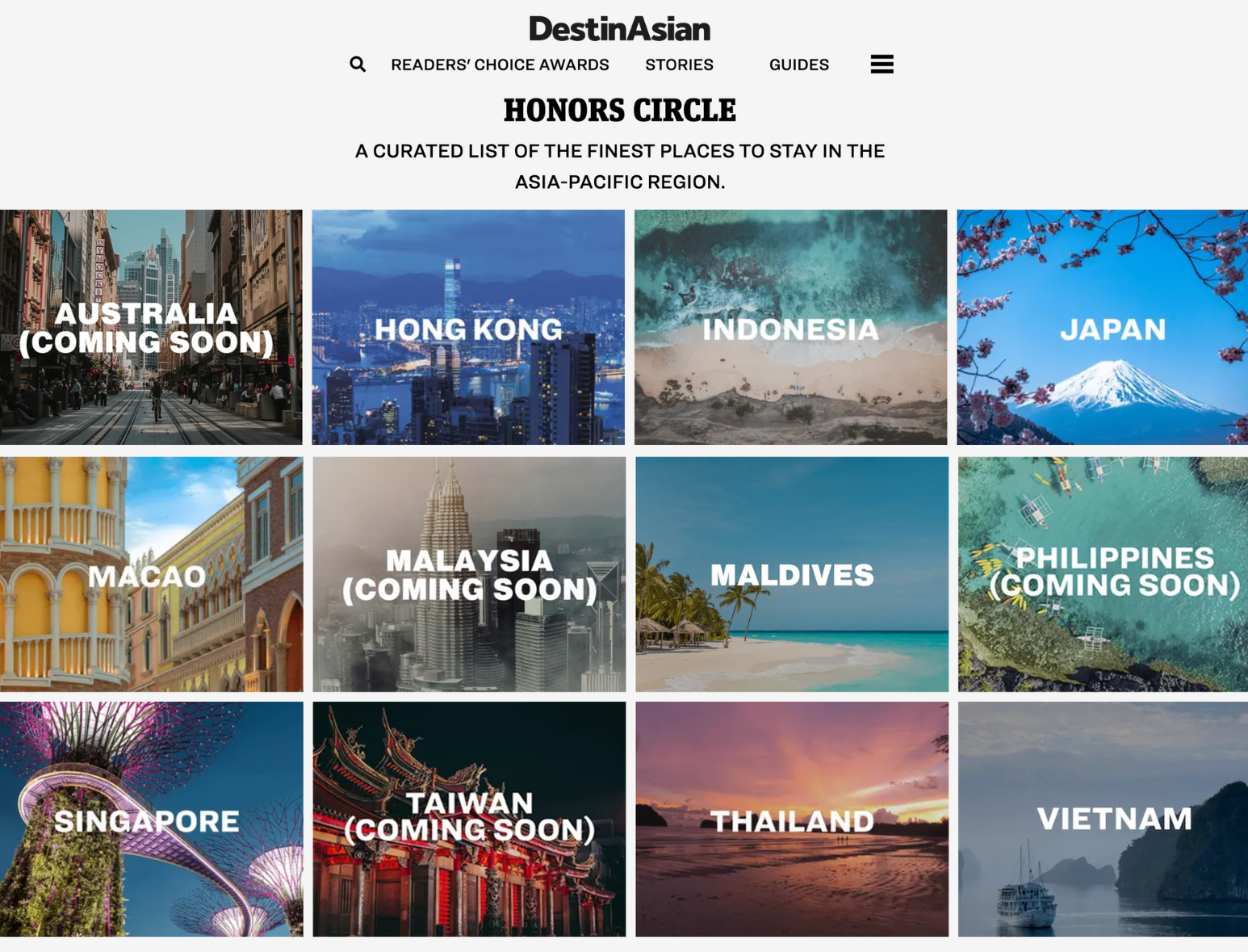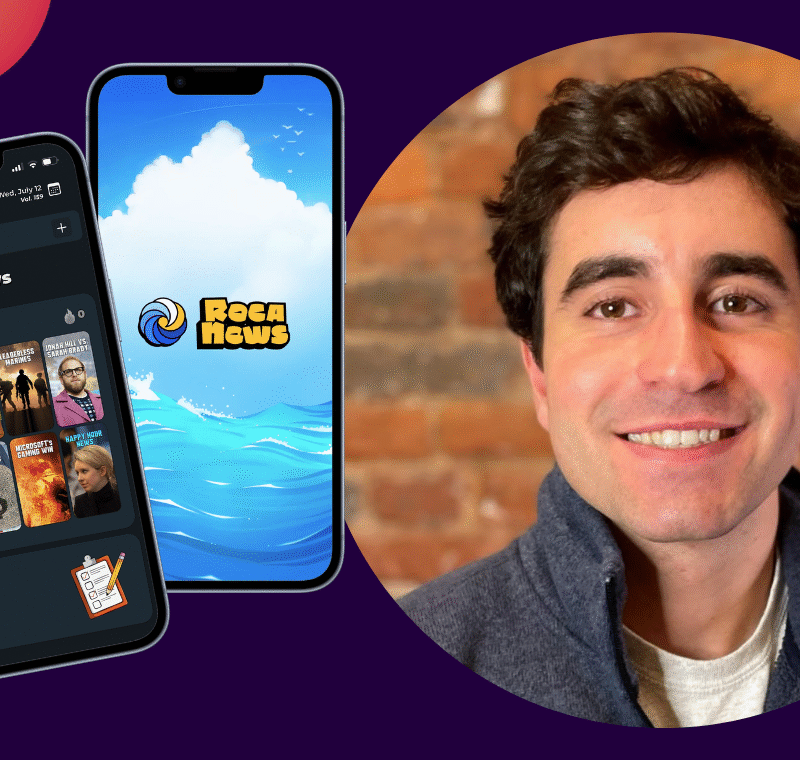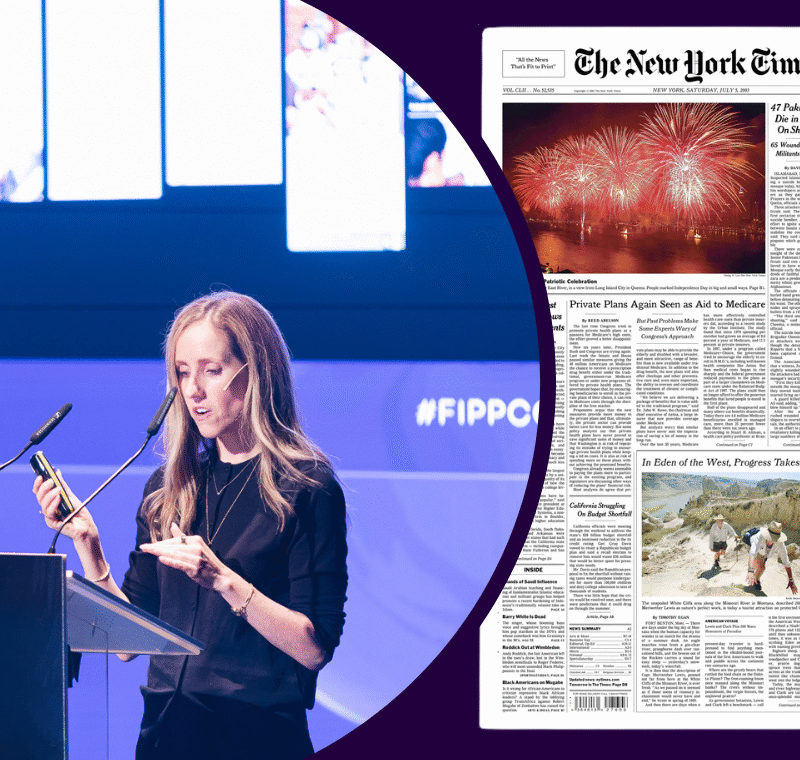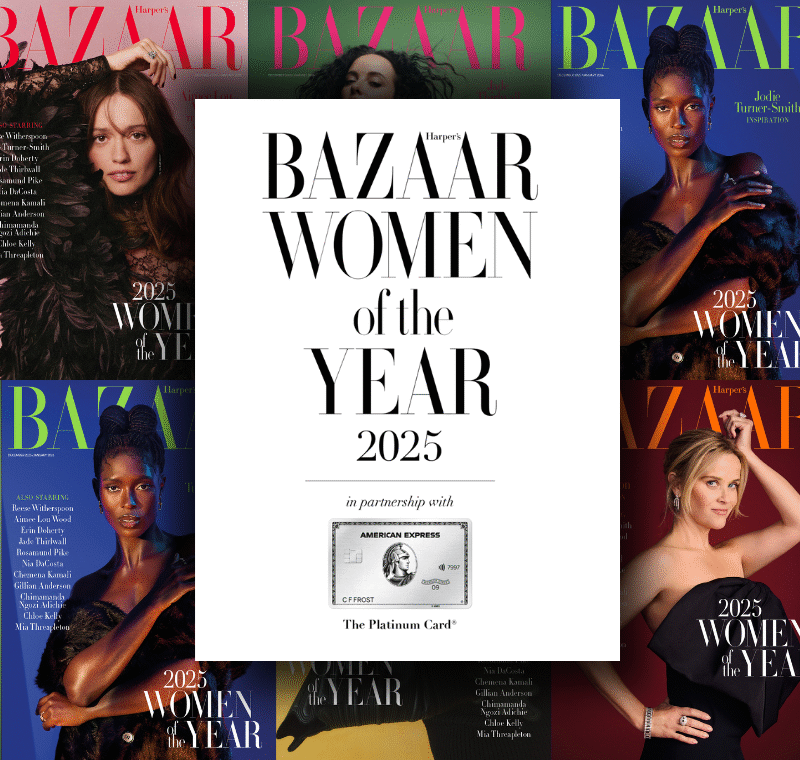Gregory Cornelius to bring a new perspective on luxury publishing to FIPP Congress
As Associate Publisher of DestinAsian, Gregory Cornelius knows what it takes to keep premium travel publishing thriving. Ahead of his appearance at the FIPP World Media Congress, he shares insights on the luxury sector, digital transformation, and balancing integrity with growth.
Based in Jakarta and launched in 2001, DestinAsian is a leading luxury travel and lifestyle magazine with a strong presence across Southeast Asia. Known for its award-winning photography, in-depth features, and discerning editorial voice, the publication caters to affluent, cosmopolitan readers with a passion for high-end travel and experiences.

Gregory Cornelius first joined the company in 2010, staying until 2014, before returning post-pandemic to help shape its next chapter. Now Associate Publisher at the leading luxury travel title, Gregory is focused on building a digital model that captures the magic of print while keeping the business firmly in the black.
What’s kept him committed to the media industry all these years? “Unfinished business,” he says. “I’m driven by finding a way to engage an audience with a contemporary digital magazine in the same way print magazines engaged me when I was young,” he says. “As an industry I don’t believe we have done that very well. Firming up the bottom line is critical for that mission: money solves a lot of problems.”
A necessary evolution
Despite changes in the industry within that period, DestinAsian has remained true to its editorial core – but that doesn’t mean the business hasn’t had to evolve.
“Our audience still expects great travel stories, so the editorial direction has stayed consistent throughout,” says Gregory, “But it’s the shifting sands of advertiser expectations which has necessitated evolution in our business. Advertisers have so many options now. They expect more for less, which makes us work harder and smarter for every sale.”
Like many premium titles, DestinAsian is also reckoning with a changing readership. “Our print reader is aging. The younger generation of aspirational luxury readers coming through is barely reading print at all,” says Gregory.
Yet the business case for high-quality content remains strong. “Our advertisers are still in business with money to spend… The opportunity is to provide a compelling product for our audience, wherever they might be, and to look after our advertisers through acquiring an intimate understanding of what they’re trying to achieve.”

Leveraging masthead equity
At DestinAsian, he says, brand integrity isn’t sacrificed in the pursuit of revenue – it’s part of the value proposition. “These two things are not in conflict; they are complimentary,” Gregory says. “We have brand equity because of our publisher’s investment in editorial integrity. Our editors have their own voice independent of our commercial relationships.”
To support commercial growth without compromising values, DestinAsian recently launched Studio DestinAsian, a new content division. “We aspire to create commercial content which is of equivalent quality to our editorial – it’s a good way to leverage our masthead equity without compromising on integrity,” Gregory says, noting similar moves from other major players such as BBC StoryWorks, Guardian Labs and The New York Times’ T Brand Studio.
In Asia’s fast-evolving luxury sector, Gregory sees increasing competition – not just among publications, but across verticals. “The very wealthy accumulate luxury hotels and resorts like a game of Monopoly, especially in Asia,” he says. “As more money is flowing into the luxury leisure travel sector we see adjacent media, such as luxury fashion publishers and travel trade media, making sorties into our marketplace targeting our clients.”

Rethinking long-term value
At FIPP Congress, Gregory will be speaking about digital transformation – but not the kind that stops at content or platforms. “Generally speaking, it’s something publishers have struggled with,” he says. “What’s more important is the transformation of the business model to recurring revenue. We used to have that – the classified ‘rivers of gold’ – but we lost it.”
He believes the answer lies not in reader subscriptions, but in rethinking how publishers package long-term value for advertisers. “It’s not necessarily our readers who should subscribe, it’s our commercial partners who must buy subscriptions; or ‘key account plans’ as we call them,” he says. “This is working well for us at DestinAsian. I want to share more about this in the hope that others can benefit from our experience.”
Gregory also values the opportunities for knowledge-sharing that global media communities like FIPP make possible. “From time to time we should suspend competition and share our knowledge and experiences for the good of the industry,” he says. “FIPP has provided such an environment and we’re thankful to have the opportunity to participate.”
The FIPP World Media Congress takes place in Madrid, Spain, from 21-23 October 2025.
This event will bring together media professionals from across the globe for three days of insightful discussions, keynote presentations, workshops, and unparalleled networking opportunities. Whether you’re a seasoned industry leader or a rising innovator, the FIPP Congress promises to be an unforgettable gathering that will shape the future of media.
See the agenda here, the list of speakers here and book your place with the Summer Special Rate here.
SPONSORS
FIPP CENTENARY PARTNERS
 |
| UPM Communication Papers FIPP Strategic Partner 2025 |
SILVER PARTNERS
EVENT ORGANISED IN PARTNERSHIP WITH
MEDIA PARTNER
































